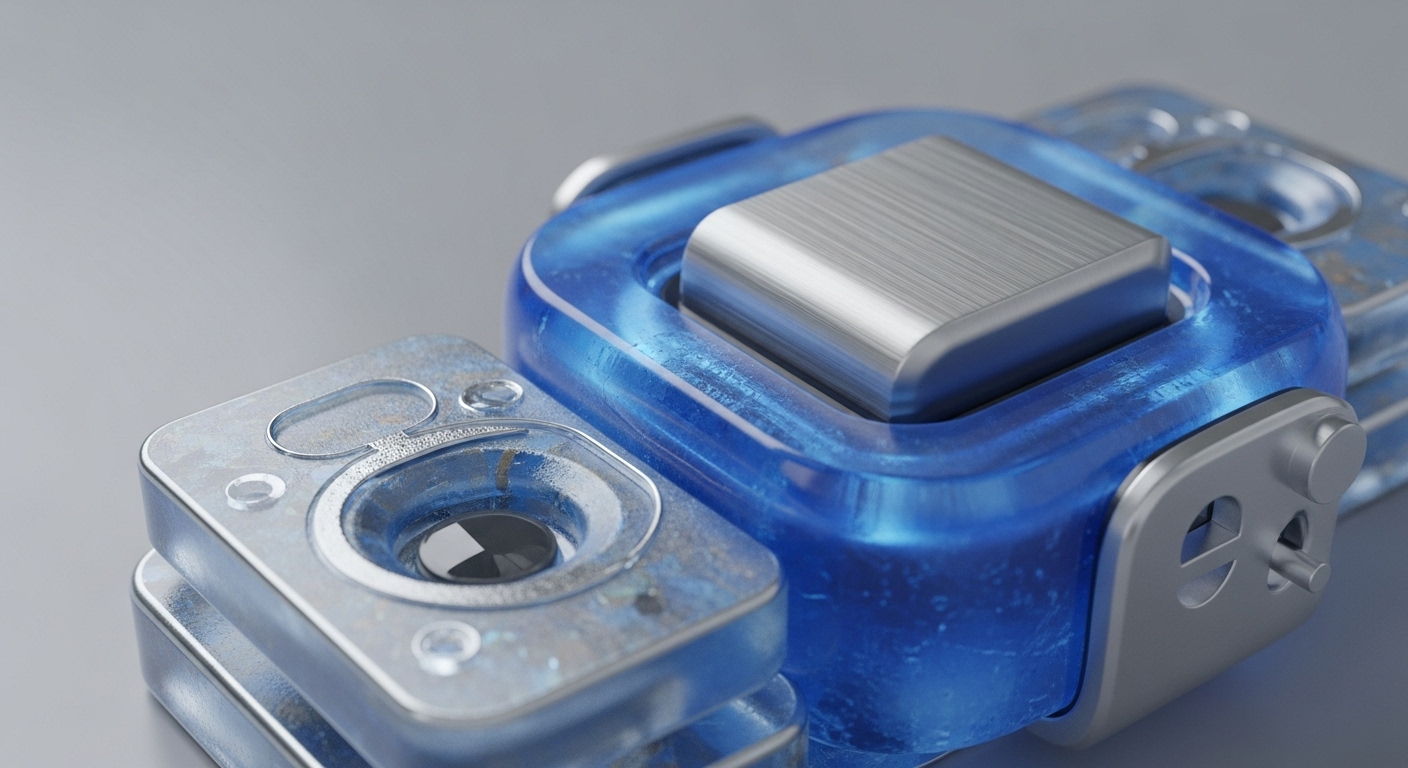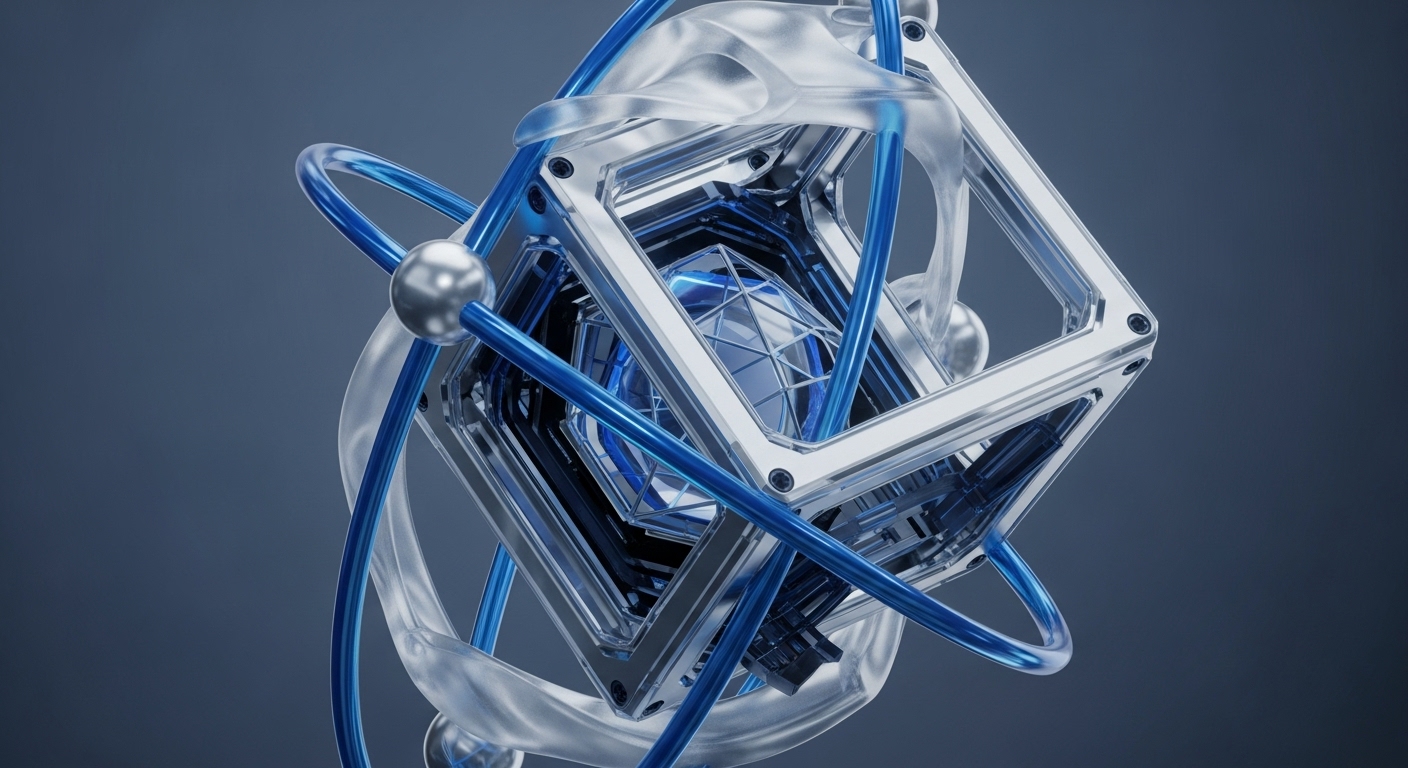
Briefing
This research addresses the critical problem of verifying the compatibility and effectiveness of Low-Rank Adaptation (LoRA) weights in untrusted, distributed AI environments, where users require assurance of functionality without compromising the contributor’s proprietary intellectual property. The foundational breakthrough is ZKLoRA, a zero-knowledge verification protocol that employs succinct proofs and a novel Multi-Party Inference procedure to deterministically confirm LoRA-base model compatibility in mere seconds, crucially without exposing the sensitive LoRA weights. This new theory’s most important implication for the future of blockchain architecture and decentralized systems is its capacity to enable secure, trustless collaboration in AI model development and deployment, safeguarding privacy and intellectual property within increasingly complex and distributed computational landscapes.

Context
Before this research, the widespread adoption of Low-Rank Adaptation (LoRA) for customizing large language models created a significant theoretical limitation in distributed AI ecosystems. The prevailing challenge centered on the inherent conflict between the necessity for a base model user to verify the efficacy of externally sourced LoRA weights and the contributor’s imperative to maintain the privacy of those proprietary weights until compensation is secured. This dilemma often necessitated either trust assumptions or the exposure of sensitive model components, hindering secure and scalable collaboration.

Analysis
The paper’s core mechanism introduces ZKLoRA, a zero-knowledge verification protocol. This protocol fundamentally differs from previous approaches by enabling a prover to demonstrate the correct functioning and compatibility of LoRA weights with a base model to a verifier, without revealing any information about the LoRA weights themselves. The new primitive is a “Multi-Party Inference” procedure, which, when combined with succinct zero-knowledge proofs, allows for a verifiable computation of model compatibility.
Conceptually, ZKLoRA constructs a cryptographic proof that the LoRA weights, when applied to the base model, yield expected results, all while the weights remain encrypted or otherwise unobservable to the verifier. This ensures both privacy for the contributor and verifiable integrity for the user.

Parameters
- Core Concept → Zero-Knowledge Proofs
- New System/Protocol → ZKLoRA
- Key Mechanism → Multi-Party Inference Procedure
- Verification Time → 1-2 seconds (for state-of-the-art LLMs)
- Authors → Bidhan Roy, Peter Potash, Marcos Villagra

Outlook
This research opens significant new avenues for secure collaboration in decentralized AI and contract-based training pipelines. In the next 3-5 years, ZKLoRA’s principles could unlock real-world applications such as verifiable, private fine-tuning of AI models across organizational boundaries, secure marketplaces for AI model components, and robust frameworks for auditing AI model integrity without compromising proprietary data. The ability to achieve nearly real-time verification while preserving privacy establishes a critical building block for future trustless AI ecosystems, fostering innovation and mitigating intellectual property risks.
